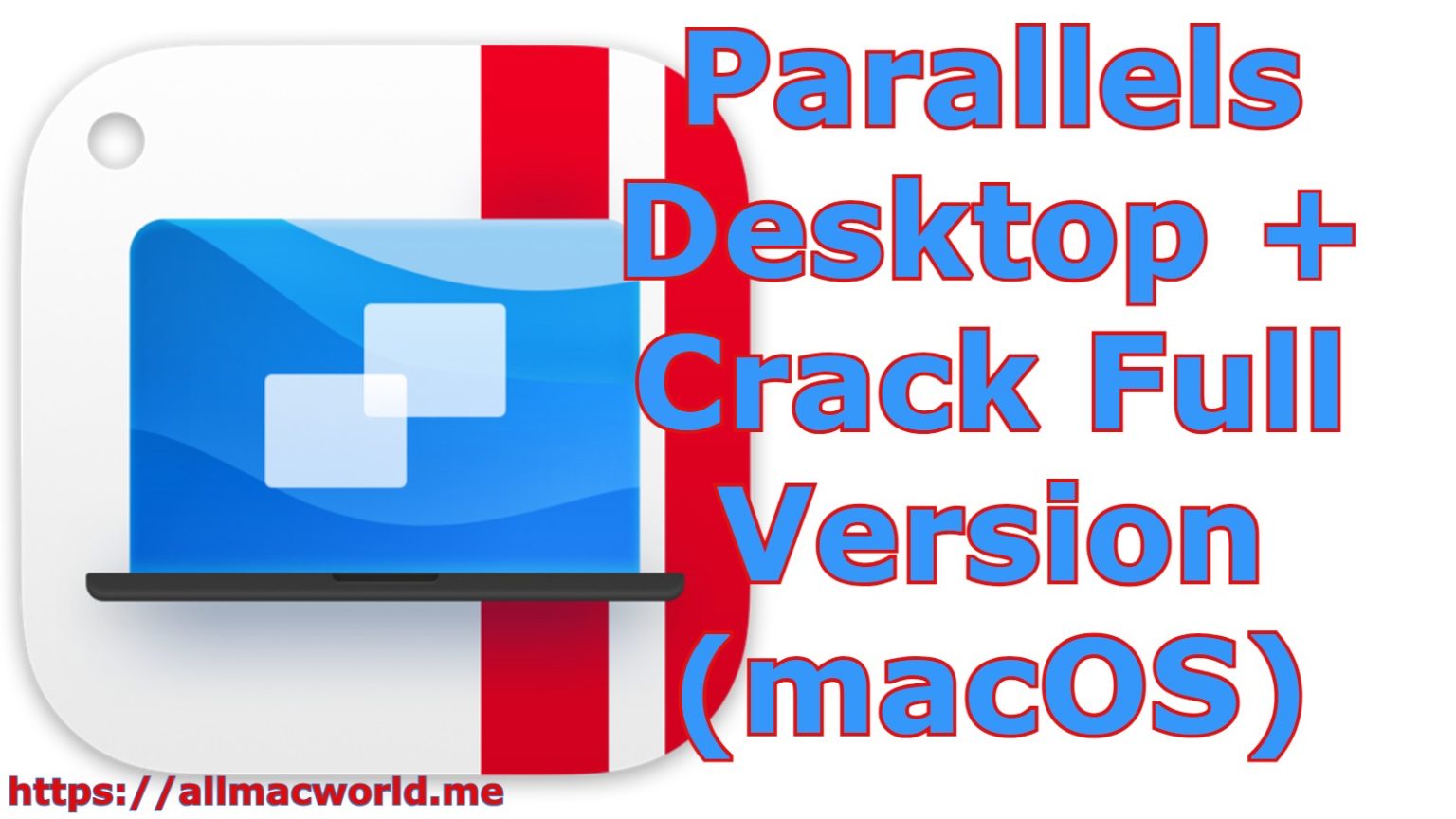
Introduction
The digital asset economy is expanding at a rapid pace, with non-fungible tokens (NFTs) leading the way as one of the most disruptive innovations. From art and fashion to gaming, sports, and real estate, NFTs have introduced a new model of ownership and monetization. According to data from Chainalysis, NFT transactions exceeded $40 billion in 2021, demonstrating both the scale and the potential of this emerging sector.
As more companies look to join the NFT wave, they face a major decision: whether to build a custom NFT marketplace from scratch or leverage a white label NFT marketplace. For most businesses—especially those aiming for rapid market entry—white label NFT marketplace solutions have emerged as the most practical and effective approach.
This article explores how white label NFT marketplaces help businesses enter the digital asset space by reducing barriers to entry, lowering costs, ensuring compliance, and creating scalable opportunities for growth.
Lowering Barriers to Entry
For many businesses, the complexity of blockchain development poses the biggest challenge. Building a custom marketplace requires blockchain developers, smart contract engineers, UI/UX designers, auditors, and cybersecurity specialists. The investment can run into millions of dollars and take more than a year to launch.
White label NFT marketplace software simplifies this process by providing a ready-to-use infrastructure. Companies can quickly adopt and customize platforms with their own branding, eliminating the need for extensive technical knowledge. This significantly lowers the barrier to entry for startups, small businesses, and even traditional enterprises exploring digital assets for the first time.
Faster Time-to-Market
In a rapidly evolving industry, timing is everything. Trends like profile picture (PFP) collections, play-to-earn gaming, and music NFTs can explode and decline within months. A white label NFT marketplace solution enables businesses to launch in weeks instead of years, allowing them to capture opportunities while they are still relevant.
This speed is especially critical for industries like fashion and entertainment, where NFT campaigns are often tied to real-world product launches, concerts, or events. By reducing development time, businesses can synchronize digital and physical campaigns seamlessly.
Cost-Effective Growth
Developing a custom marketplace from scratch is resource-intensive. White label NFT marketplace development services reduce upfront costs by offering pre-built frameworks. Companies pay primarily for customization, branding, and ongoing support, which makes NFT adoption more financially feasible.
This cost efficiency allows businesses to allocate more resources to essential growth areas such as marketing, community engagement, and partnership development—factors that directly influence adoption and revenue in the NFT space.
Built-In Security and Compliance
The NFT ecosystem has faced significant challenges with scams, hacks, and fraudulent projects. Security and compliance are therefore non-negotiable for businesses entering the space. White label NFT marketplace development companies typically provide audited smart contracts, fraud detection tools, and compliance features like KYC (Know Your Customer) and AML (Anti-Money Laundering).
By using a white label NFT marketplace, businesses not only protect themselves from risks but also build consumer trust—an essential element for long-term success in the digital asset economy.
Scalability and Flexibility
One of the greatest strengths of white label NFT marketplace solutions is scalability. These platforms are designed to handle growing transaction volumes and user bases without compromising performance. As businesses expand, they can integrate advanced features like multi-chain interoperability, staking mechanisms, fractional NFTs, or integration with decentralized finance (DeFi).
For example, a gaming company may start by launching NFTs tied to in-game assets. As adoption grows, the same white label NFT marketplace software can evolve into a full ecosystem with cross-chain trading and player-to-player marketplaces.
Real-World Applications
White label NFT marketplaces are empowering businesses across industries:
- Fashion: Brands release digital twins of luxury products and exclusive NFT drops.
- Music: Artists tokenize albums, tickets, and exclusive fan experiences.
- Sports: Teams launch fan tokens and collectible highlights to deepen engagement.
- Real Estate: Companies tokenize property shares, allowing fractional ownership and global trading.
- Education: Institutions issue certificates and diplomas as NFTs for secure verification.
These use cases show how white label NFT marketplace development services are not just a technological shortcut but a strategic enabler for digital transformation.
Conclusion
The rise of NFTs has opened new opportunities in the digital asset space, but for many businesses, the complexity of building a custom marketplace can be prohibitive. White label NFT marketplaces provide a cost-effective, secure, and scalable solution that allows companies to enter this new economy quickly and confidently.
By lowering barriers to entry, reducing costs, ensuring compliance, and supporting future scalability, white label NFT marketplace software is helping businesses across industries tap into the immense potential of NFTs and digital assets.
As adoption continues to grow, businesses that embrace white label NFT marketplace development services today will be better positioned to innovate, engage customers, and compete in tomorrow’s Web3 economy.





